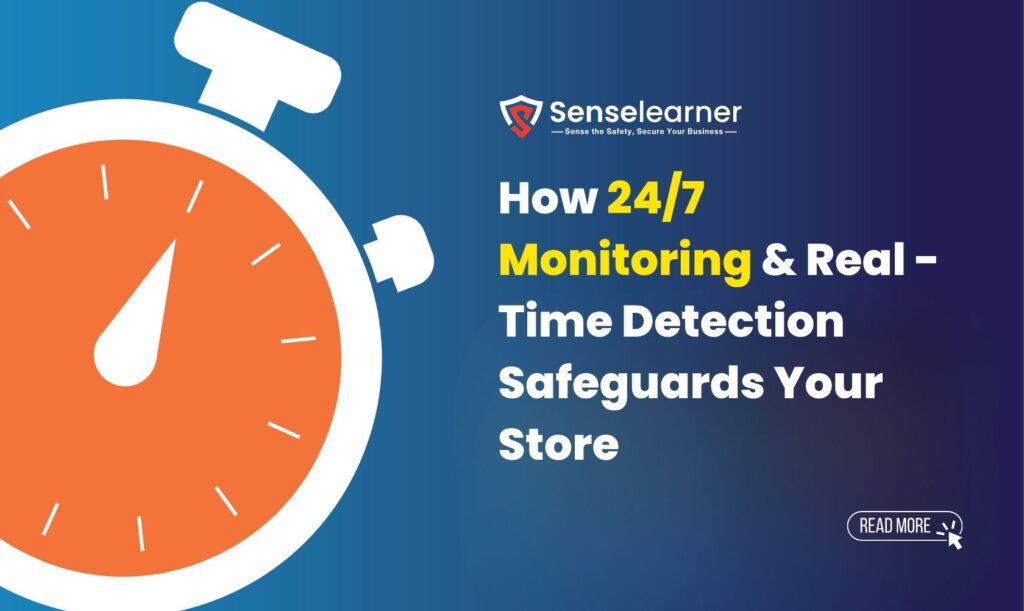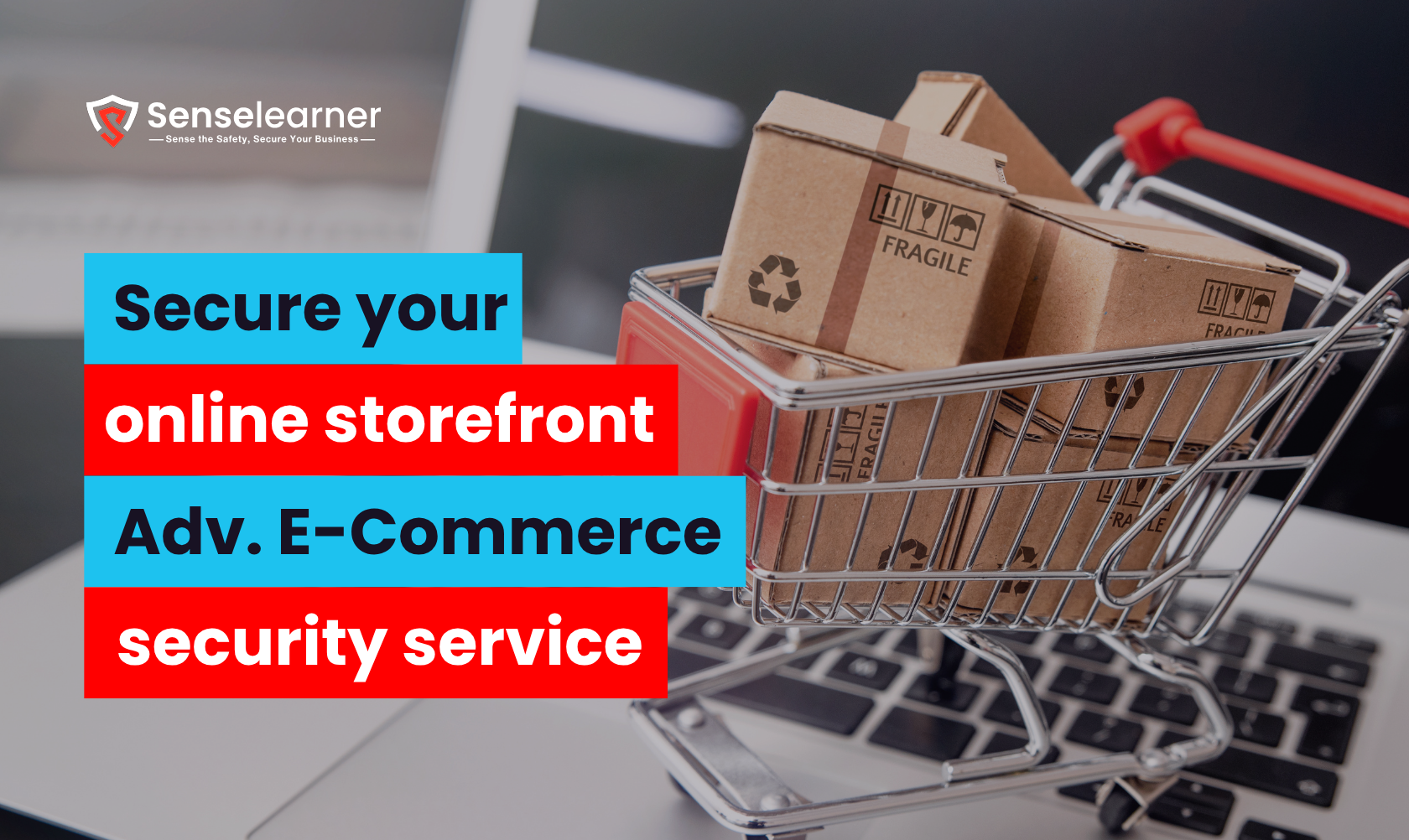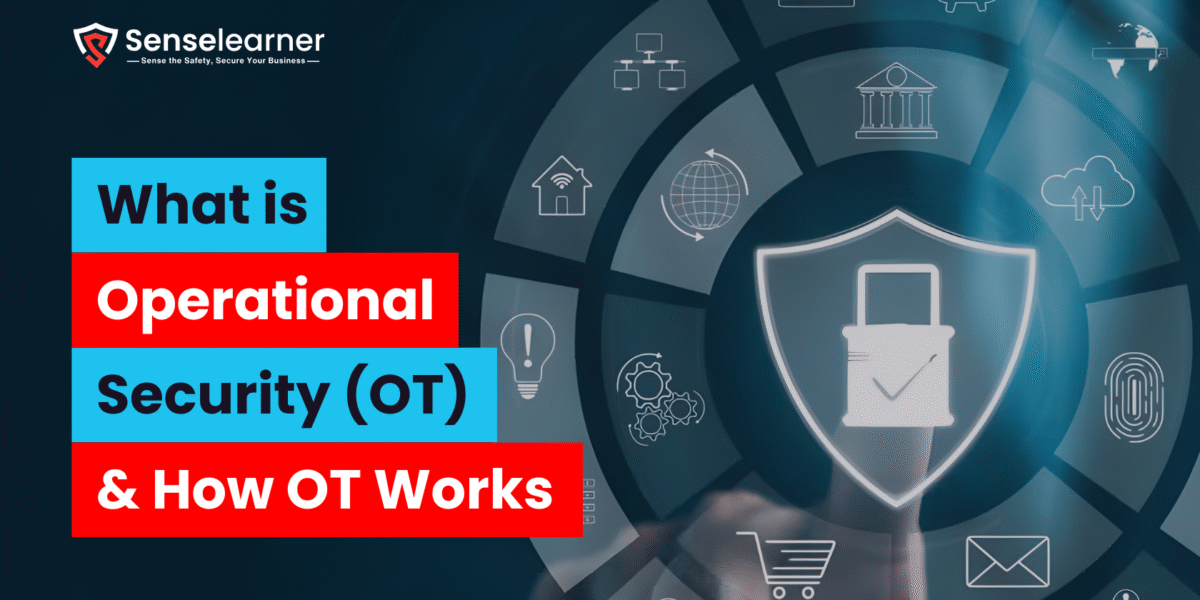In the current digital marketplace, your online storefront is the core of your company and not just a website. However, protecting your e-commerce platform is increasingly important due to growing cyberthreats including DDoS assaults, payment fraud, and data breaches. Comprehensive protection is provided by Advanced E-Commerce Security Services, which include firewalls, secure payment gateways, SSL encryption, real-time threat monitoring, and adherence to international data protection regulations.
Table of Contents
Why E-Commerce Security is essential for business growth

Cybercriminals target e-commerce platforms because of the sensitive client data and financial transactions they manage. The necessity for strong security is evident from the fact that e-commerce companies were the target of 32.4% of all successful cyberattacks in 2018.
One hack can result in monetary loss, fines, and a decline in consumer confidence, all of which have an adverse effect on expansion. By putting in place robust security measures, you can safeguard your data while simultaneously establishing reputation, guaranteeing compliance, and fostering a secure online shopping environment that promotes long-term success.
know about our application-security/ecommerce-security-services service.
Common E-Commerce risks and How to Avoid Them
E-commerce companies are always at risk from things like malware attacks, online fraud, shaky transactions, and a lack of consumer confidence in security and privacy. These flaws have the potential to harm operations, harm reputation, and result in losses. Firewalls, anti-malware software, SSL encryption, and secure coding techniques are all necessary for businesses to avoid them. To further foster trust and guarantee safe, easy shopping, regular security audits, two-factor authentication, and explicit privacy policies are all recommended.
How Real-Time Detection & 24/7 Monitoring Protect Your Store

Even outside of regular work hours, cyber dangers might occur at any moment. For e-commerce security, real-time detection and round-the-clock monitoring are therefore crucial. These systems monitor user behavior continuously, spot anomalous activity, and immediately sound an alarm if a threat is found. They assist stop fraud, data breaches, and system outages before they do harm by taking immediate action. Day or night, constant monitoring guarantees that your online store is safe, dependable, and ready for customers.
Data Protection’s Importance for Customer Trust and Compliance
Safeguarding consumer information is a requirement in e-commerce. Personal and financial information is handled securely thanks to complete data security via encryption, safe checkout procedures, and adherence to international standards like GDPR and PCI-DSS. This keeps your company in compliance with the law, fosters repeat business, and increases customer trust in addition to preventing data breaches. Customers are much more likely to convert and return when they have confidence that their data is secure.
Integrating Security Tools to Provide a Multi-Pronged Defense
One security measure is insufficient in the current threat environment. More than fifty advanced security measures, such as firewalls, intrusion detection systems (IDS), secure plugins, and anti-malware programs, must be integrated as part of a multi-layered defense. Together, the distinct roles of each layer help identify, stop, and eliminate threats before they have a chance to affect your vital systems. By using this strategy, you can increase the overall resilience of your online store, minimize weaknesses, and provide optimal protection at every touchpoint.
Do follow top-most-common-types-of-cyberattack to know more about threats.
Regularly Performing Security Audits to Keep Up with Hackers
As cyber threats change all the time, so should your defenses. Frequent security audits assist in locating flaws, incorrect setups, and out-of-date software before hackers can take advantage of them. With more than 500 successful security audits under its belt, Senselearner provides professional auditing services to evaluate your e-commerce infrastructure, guarantee compliance, and strengthen vulnerabilities. Being one step ahead of hackers and keeping a safe, reliable online retail depend on these preventative checks.
Building a Reputable Storefront: Cybersecurity and UX Together
It is not enough to have a safe website; it must also appear secure. Lack of obvious trust components on a website causes many consumers to abandon purchases, indicating a lack of confidence in privacy. Displaying SSL padlocks, trust badges, and secure checkout logos are examples of how cybersecurity and user experience (UX) may be combined to reassure customers that their data is secure. Conversions, cart abandonment, and confidence are all increased by combining secure images, clear policies, and clean design.
Conclusion
Securing your online business is now completely necessary in the ever expanding digital economy. Every component, from data protection and audits to layered security technologies and real-time monitoring to trust-building UX design, is essential to protecting your company. In addition to preventing financial loss and safeguarding consumer data, a secure e-commerce platform fosters long-term growth, increases brand reputation, and fosters confidence.
Which cyberthreats are most frequently encountered by e-commerce websites?
Threats to online retailers include malware, phishing attempts, payment fraud, and data breaches. These may result in financial loss, legal problems, and a decline in consumer trust.
How does round-the-clock monitoring safeguard my web store?
Real-time monitoring that identifies suspicious behavior enables prompt action to stop assaults before they do damage. It guarantees that your storefront is safe at all times.
Can I increase sales and customer retention with a more secure website?
Yes. Customer confidence is increased by a secure website. Secure checkout processes, prominent trust badges, and unambiguous privacy rules all encourage customers to make purchases and return.




2 thoughts on “Secure your online storefront: Adv. E-Commerce security service”